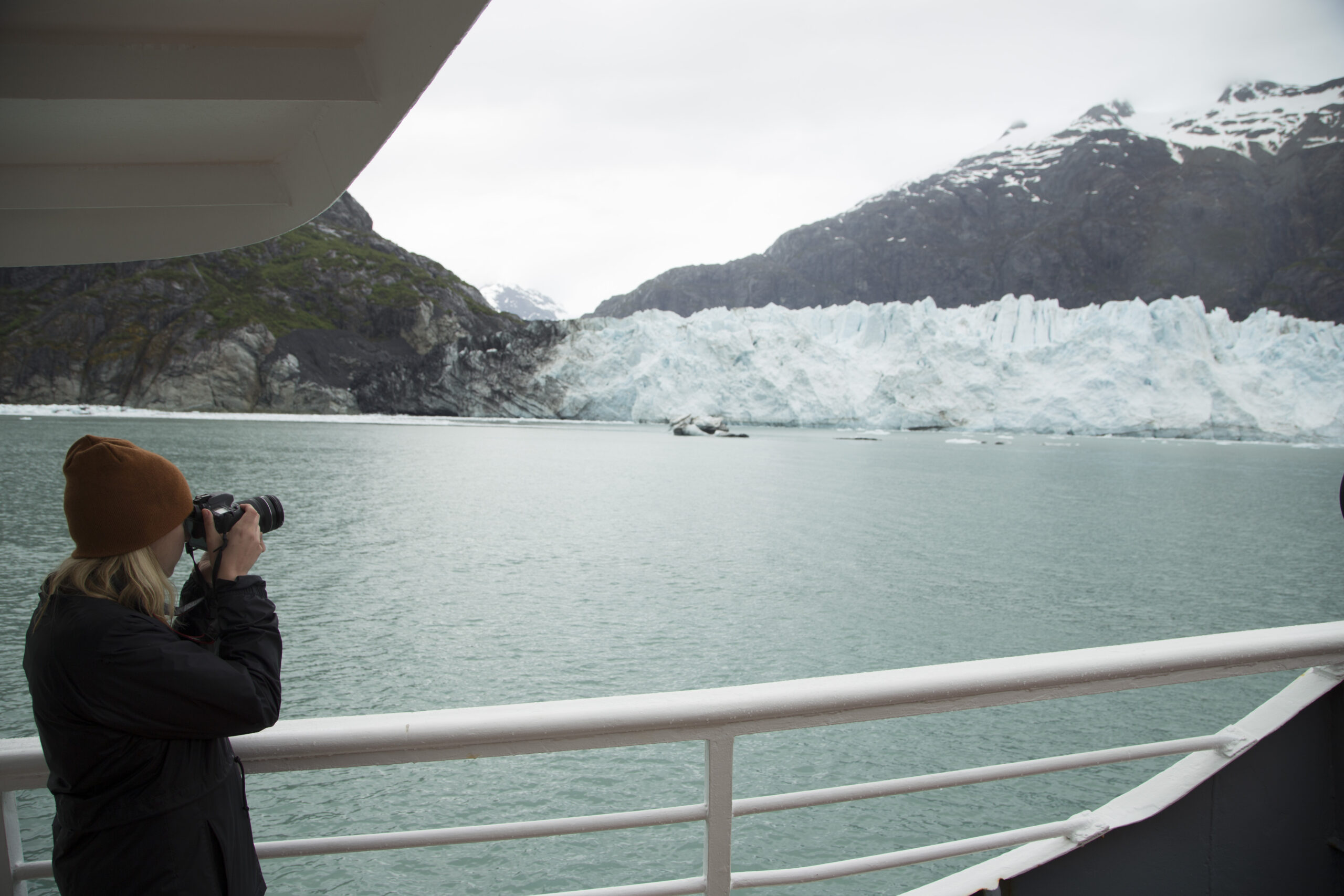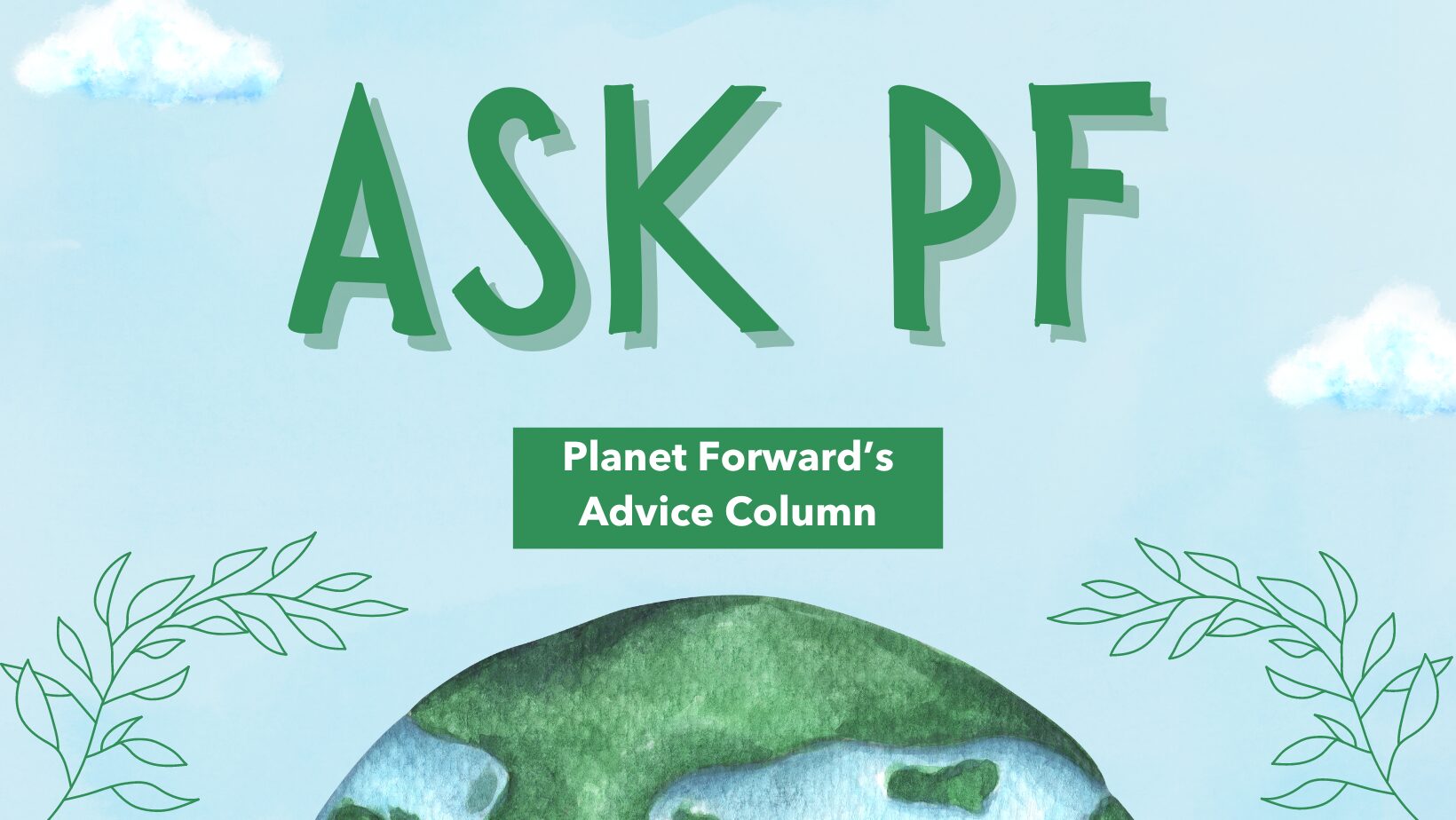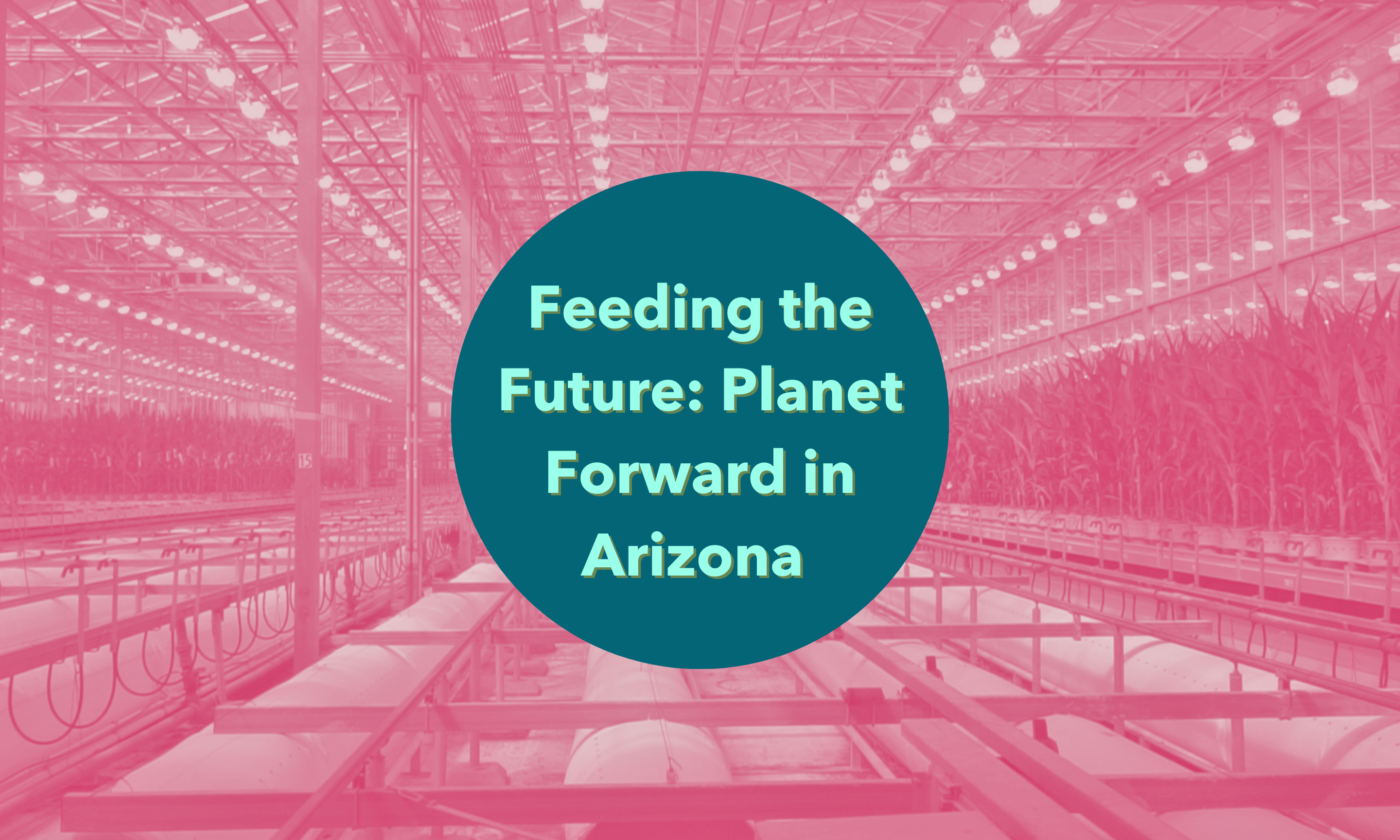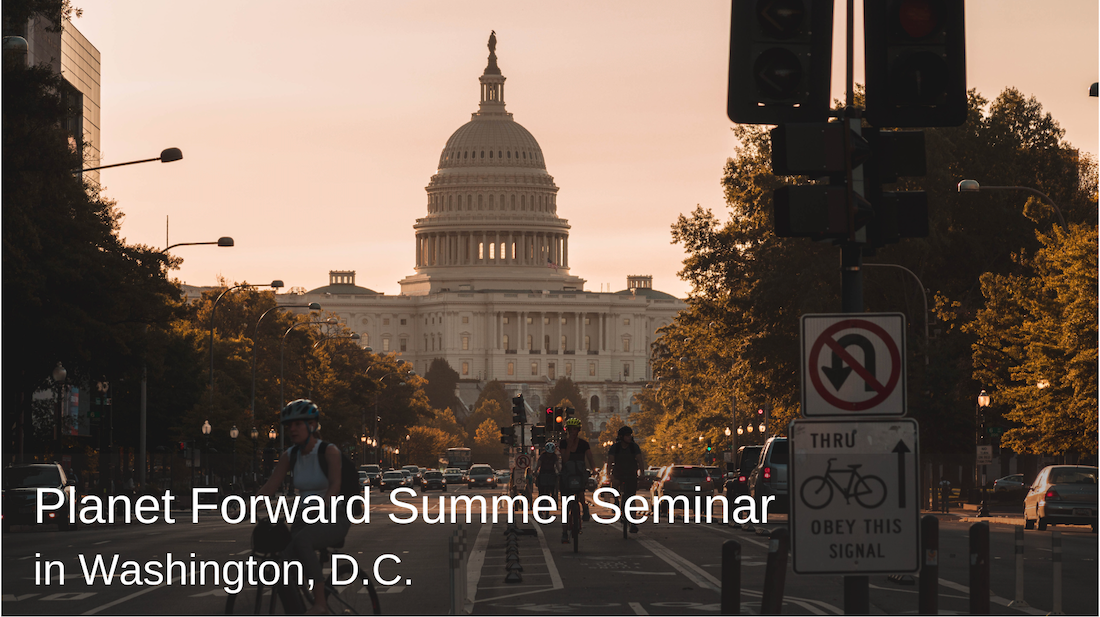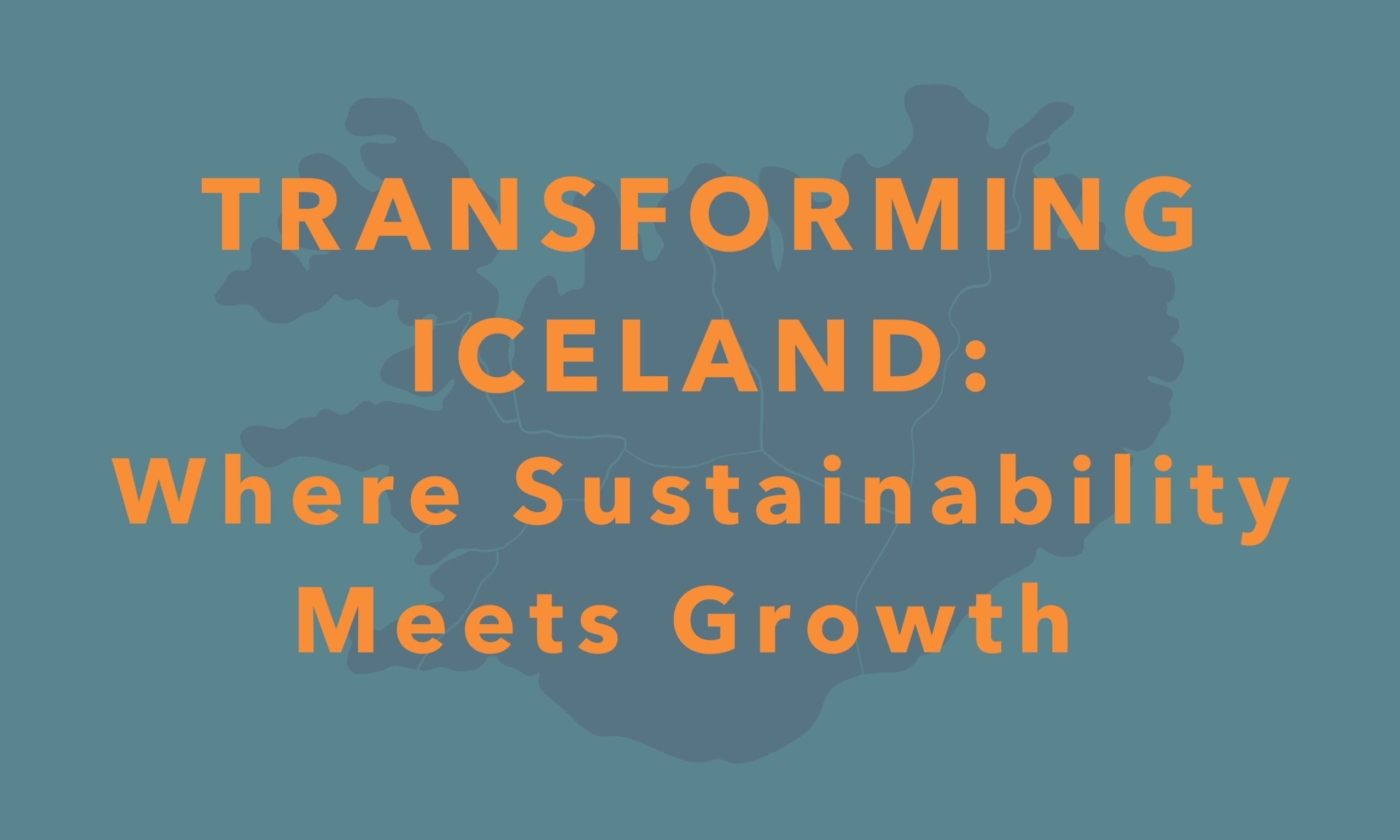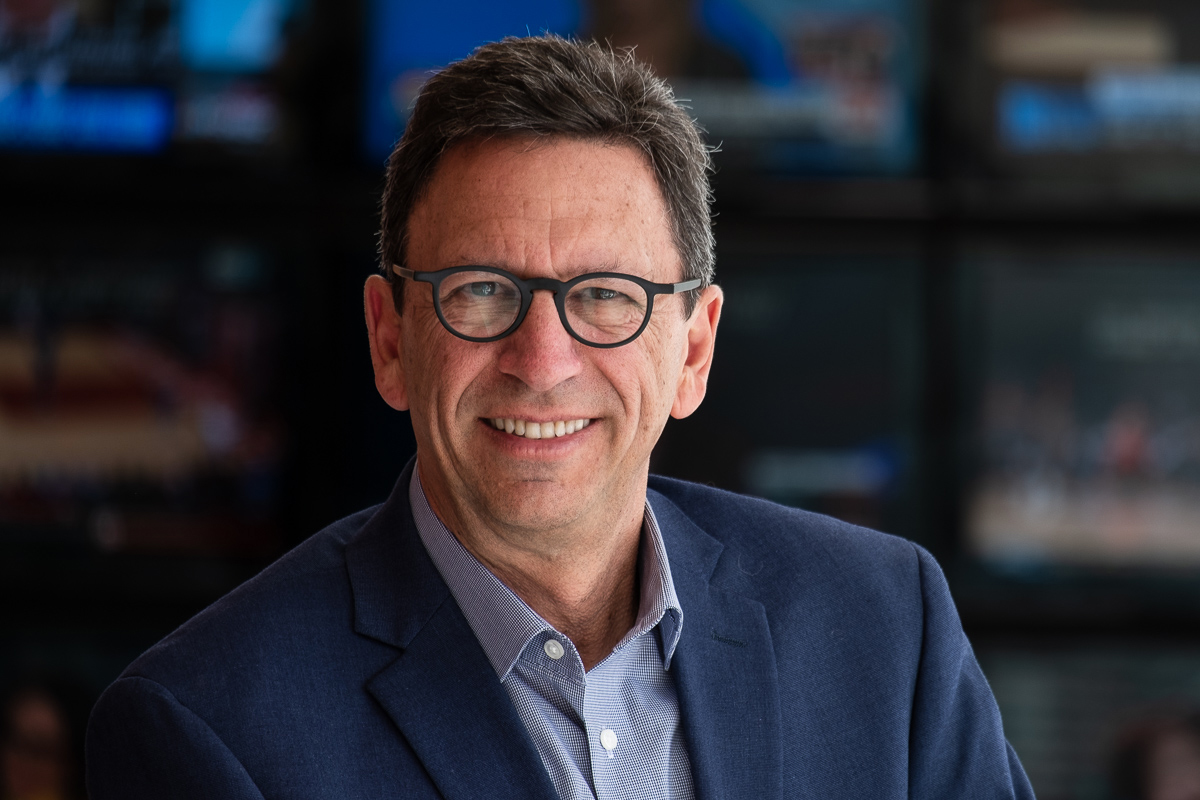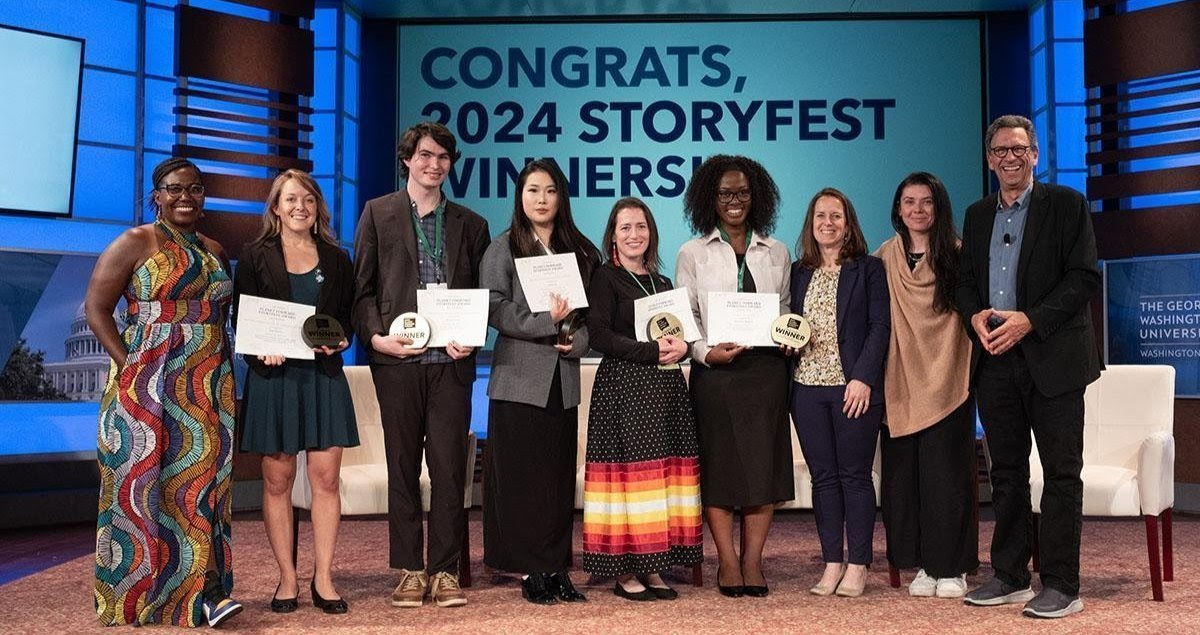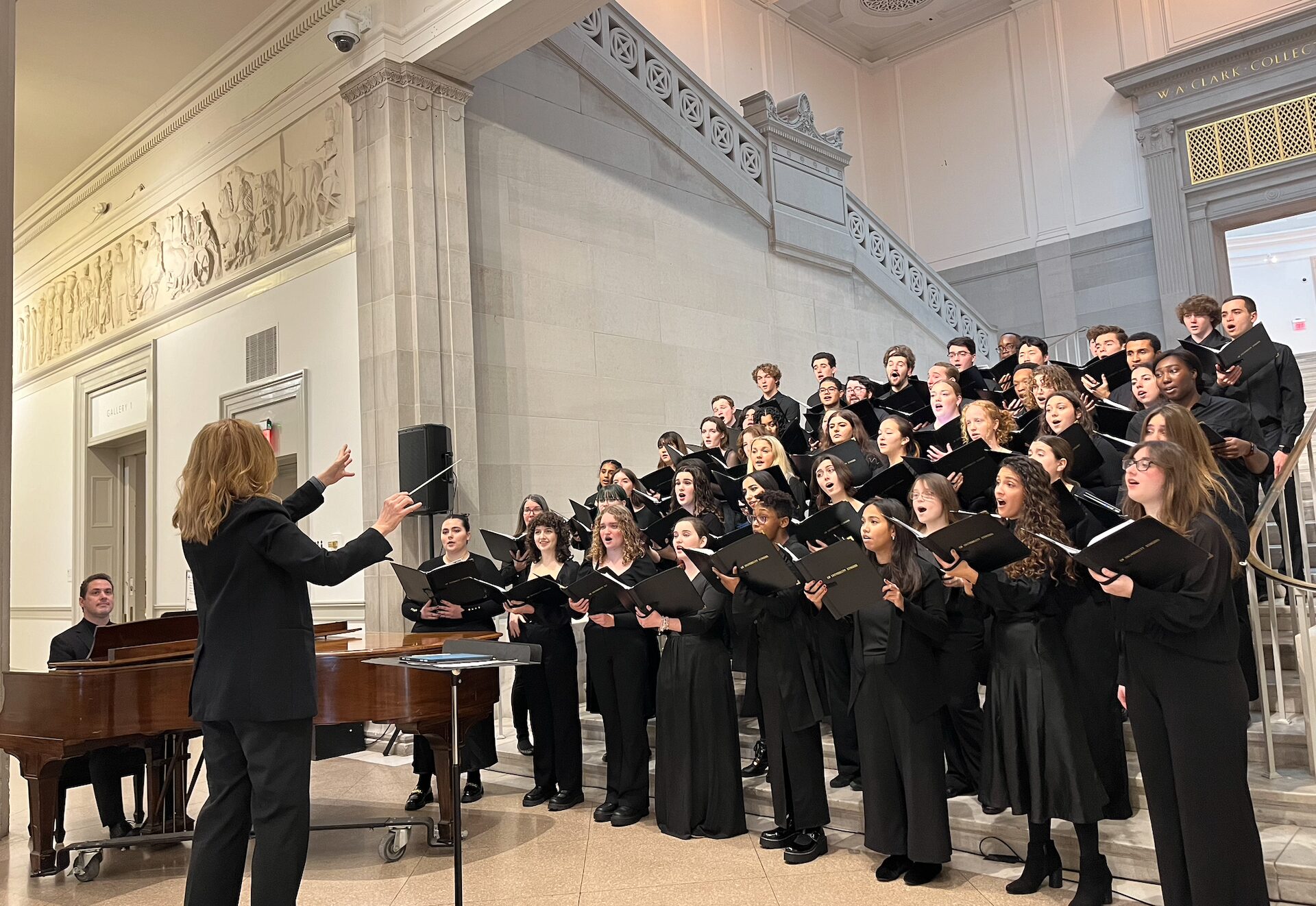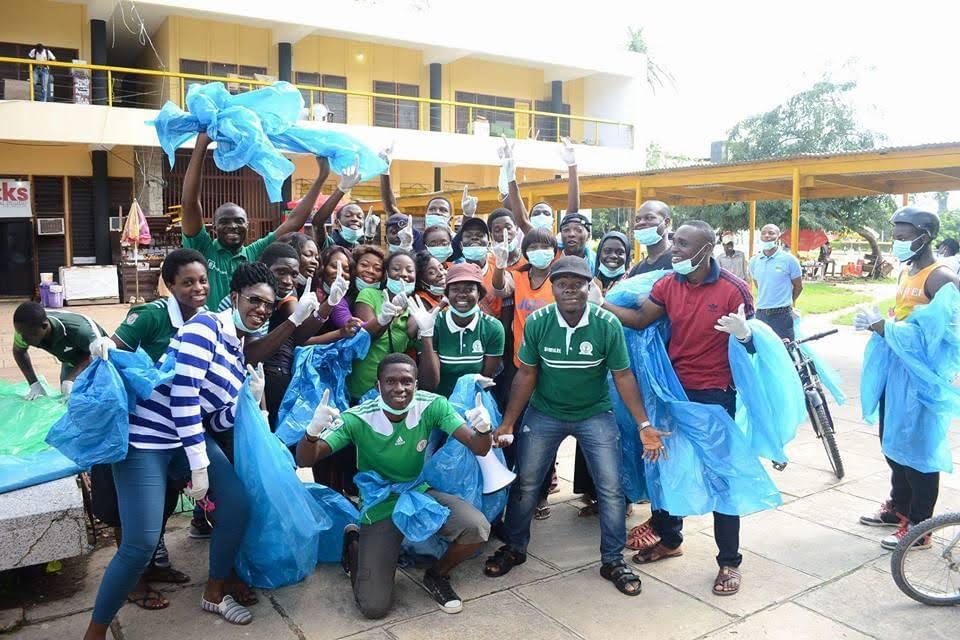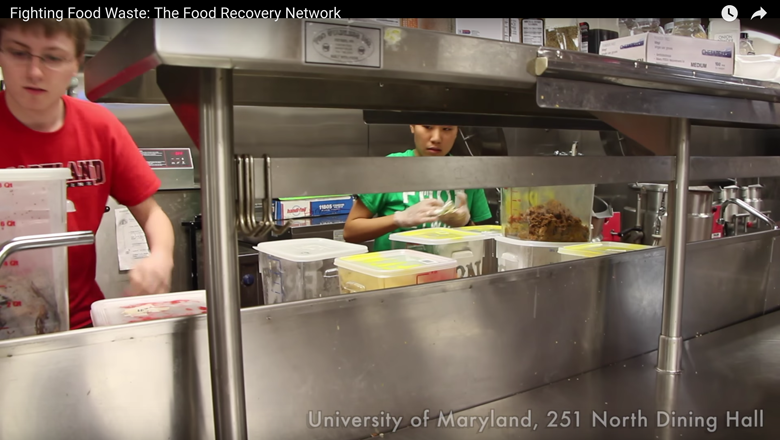
Meet the Storyfest Finalists: Kira Sommer and Sara Merken

Kira Sommer and Sara Merken are undergraduate students at The George Washington University, both majoring in journalism and mass communications. Kira, a sophomore, is also minoring in German language and literature. Sara, a freshman, is minoring in international affairs. They heard of Planet Forward’s Storyfest 2016 contest due to their involvement as Video Production interns for the organization. For their submission, Kira and Sara created a video that focused on The Food Recovery Network.
We asked them a few questions to learn more about their entry.
Q: Describe The Food Recovery Network.
A: The Food Recovery Network (FRN) is a organization with chapters at 184 colleges around the nation. FRN goes to local restaurants, school dining halls and other events that would otherwise be throwing out their food at the end of the day. Instead of the food going to waste, FRN delivers however much it collects on a regular basis to local homeless shelters.
Q: What was the process behind creating your submission? Why did you choose to communicate your innovation through this video format?
A: We contacted the Food Recovery Network chapter at the University of Maryland, which is actually where the organization was founded, and visited the campus on one of their recovery nights. We thought that this method would be the best way to showcase just how much food goes to waste and would also make it more of a personal experience for viewers because you get to follow the process and meet the people involved.
Q: Why is this innovation so important to you? Why do you think it is one of the most essential methods to help sustainable cities?
A: We’re both very interested in the concept of food waste, especially when it comes to perfectly edible food. We have both written pieces for Planet Forward about the relationship between food production and the environment, and wanted to continue with this topic for our video. This innovation is also very important to Sara because she will be starting a chapter of the Food Recovery Network at GW this coming fall. We find this to be one of the most essential methods to help sustainable cities, because of the food production process and the sheer number of people that live in cities. There are so many environmental resources that go to waste when food is wasted (e.g. water, energy). The food production process and food waste are also large contributors to CO2 emissions. So wasting food ultimately results in a lot of harm to the environment, especially in cities where there are so many more people to waste food. This is an effective way to reduce food waste, because it can reduce the number of CO2 emissions and also help contribute to feeding people in cities who may not have access to healthy meals.
(Editor’s note: Answers edited for grammar and spelling.)


